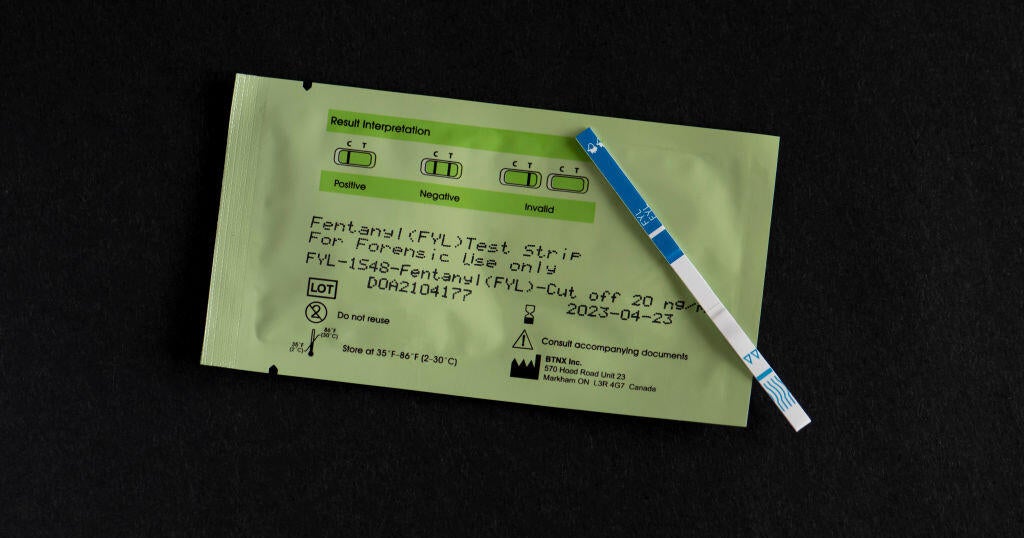Why a long-term CD is better than these 3 alternatives now
If you've been looking for a safe and reliable way to protect your savings in 2023 and 2024, a certificate of deposit (CD) account was often one of the optimal ways to do so. Interest rates on CDs, whether short-term (under 12 months) or long-term (over 12 months), were exponentially higher than they had been a few years earlier. And rates on these accounts are fixed, meaning they would remain what they were when the account was first opened, despite any volatility in the larger rate climate.
However, as the economy has changed, inflation has dropped and interest rate cuts have been issued, a long-term CD has become the clear choice. Whether with an 18-month CD or something with a term of 2 years or more, a long-term CD is now arguably better than many popular alternatives. Below, we'll compare this unique savings vehicle versus three other account types.
See how much more you could be earning with a long-term CD here today.
Why a long-term CD is better than these 3 alternatives now
Not sure if a long-term CD is the right choice for you? Compare it to these three other options to better understand why it may be:
High-yield savings accounts
High-yield savings accounts operate like regular savings accounts, albeit with higher interest rates. Even with two Federal Reserve interest rate cuts already issued in 2024, it's still possible to find a high-yield savings account with an interest rate close to 5% right now. And, unlike CDs, you won't need to lock your money in the account to earn that high rate. Finally, thanks to its variable rate nature, if rates rise again in the future, rates on these accounts will increase independently, too.
Why a long-term CD is better: A long-term CD is arguably preferable to high-yield savings accounts largely thanks to the fixed rate it comes with. While long-term CD rates are competitive but not quite as high as high-yield savings accounts, the rate will remain the same until the CD matures. And with additional interest rate cuts likely, possibly as soon as this month, you'll likely earn more by locking your funds into a long-term CD than you would by taking a risk with a variable rate high-yield savings account.
Compare your CD and high-yield savings account options online now.
Traditional savings accounts
If you have your money in a traditional savings account and have had difficulty finding any interest you've earned on your money to date, it's easy to understand why. According to the FDIC, the average interest rate on a traditional savings account is just 0.43% right now. Like high-yield savings accounts, rates on traditional savings accounts are also variable. So that 0.43% rate right now could be even lower in 2025.
Why a long-term CD is better: Just compare the potential rates. You can get a 4.20% rate on a 3-year CD and a 4.35% rate on a 5-year CD now - that's 876% and 911% better than what traditional savings accounts offer now.
Short-term CDs
Short-term CD accounts have slightly higher interest rates than long-term CDs now and savers won't have to worry as much about any early withdrawal penalties, as it's generally easier to keep your money locked away for three months or six months than it is for 18 months or in 2-year CDs. So, if you're looking for a quick way to earn today's elevated rates, a short-term CD is one of your better options.
Why a long-term CD is better: Crunch the numbers. A $10,000 deposit into a 6-month CD at a 4.50% rate results in a minimal $222.52 earned upon account maturity. However, the identical deposit in a 2-year CD at 4.20% results in a $857.64 return. So, if you can comfortably afford the part with your money for a longer time, you'll be rewarded with a much higher return.
The bottom line
While every saver's financial situation differs, there's a compelling case to be made for opening a long-term CD over many popular alternatives now, heading into 2025. With this type of account, savers can earn a high rate – and keep it for potentially years to come. Just be sure to weigh the initial deposit versus your ability to maintain the account for the full CD term to improve your chances of long-term financial success.




